
Amit Rotem
About Me
I am a Ph.D. student in the Department of Mathematics at Virginia Tech, advised by Daniel Appelö. My research focuses on numerical methods for partial differential equations (PDEs) with an emphasis on high-performance computing (HPC). My work lies at the intersection of algorithmic theory and scalable implementation. A central focus of my research is the development of the WaveHoltz method for solving frequency-domain wave propagation problems. This includes a general theory establishing convergence in the semi-discrete setting, alongside the design of computational strategies that are efficient on modern parallel architectures. I am actively working on extending the WaveHoltz algorithm to multiscale modeling, and domain decomposition, enabling scalable solvers for increasingly complex physical systems.
I earned both my B.S. and M.S. in Applied Mathematics and Statistics from the Colorado School of Mines. During that time, I worked on a project using machine learning to enhance the value of hyperspectral data in geosciences, bridging lab-based and field data collection techniques. This experience deepened my interest in combining applied mathematics with real-world applications.
I have contributed to the MFEM finite element library, where I implemented a matrix-free interior penalty DG diffusion operator optimized for multi-GPU computing. In addition to my research at Virginia Tech, I collaborate with researchers at Lawrence Livermore National Laboratory on the GenDiL (Generic Discretization Library) project, which focuses on flexible, high-performance implementations of finite element methods in arbitrary dimensions. This collaboration began during a research internship at LLNL.
Outside of research, I enjoy running, hiking, and traveling — not just to conferences 😉. I’m an avid reader of fantasy novels and a fan of horror movies. I value curiosity and creativity both in and out of academic work.
Research Interests
- Numerical PDEs: finite element methods, finite difference methods, WaveHoltz, domain decomposition.
- High Performance Computing: GPU and many-core distributed algorithms and implementations in C++.
Ongoing Research
- WaveHoltz HMM: Combining heterogenous multiscale methods (HMM) for the wave equation with WaveHoltz to solve frequency domain multiscale problems.
- Domain Decomposition on GPUs: Developing scalable algorithm and implementation of the non-overlapping domain decomposition method for the Helmholtz equation which is specialized for massively parallel shared memory hardware (GPUs).
- Low Rank Solvers: Developing sub-linear numerical methods for PDEs in low-rank format (SVD and tensor-decompositions).
Publications
Research Software Projects
-
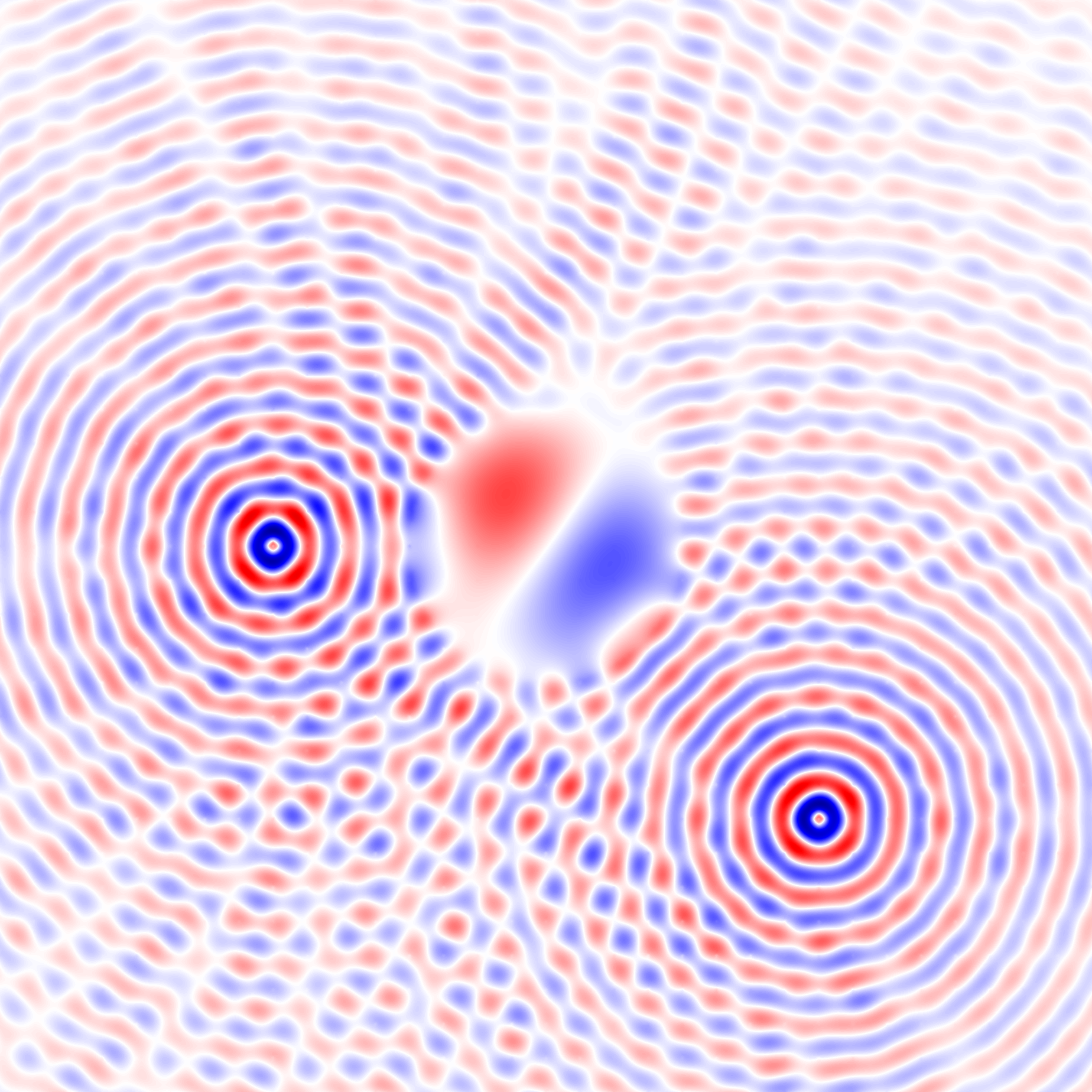 C++, CUDA
C++, CUDA
-
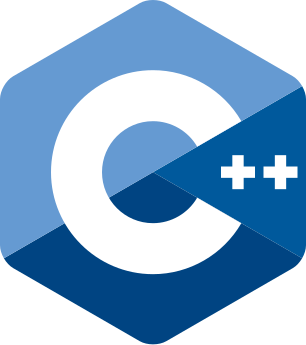 C++
C++
Powered by Jekyll and Minimal Light theme.
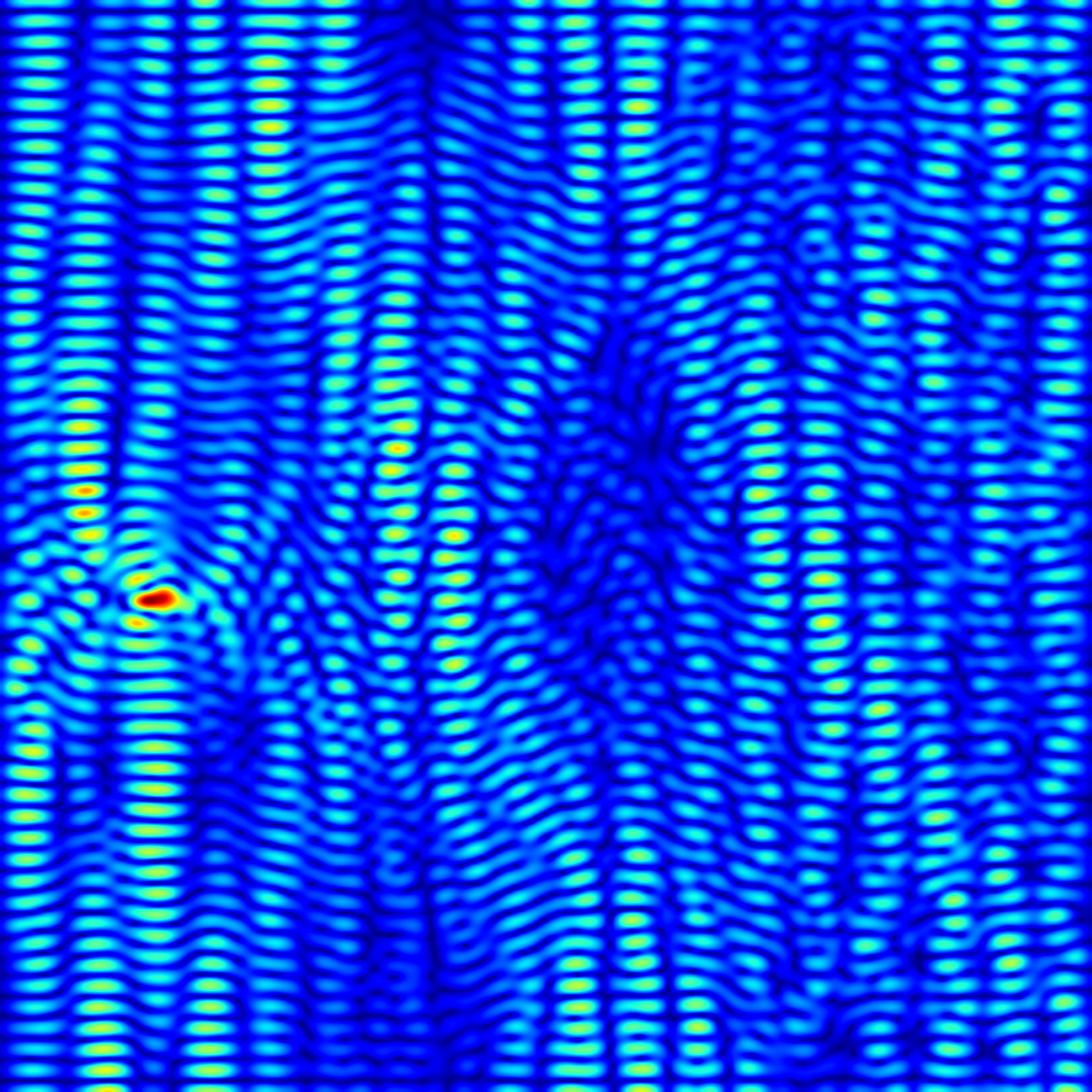
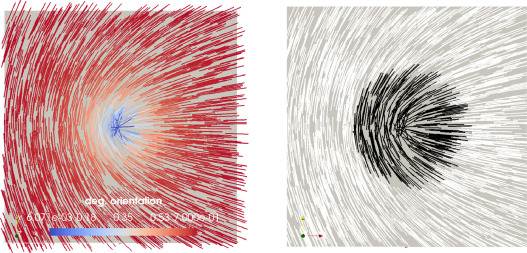
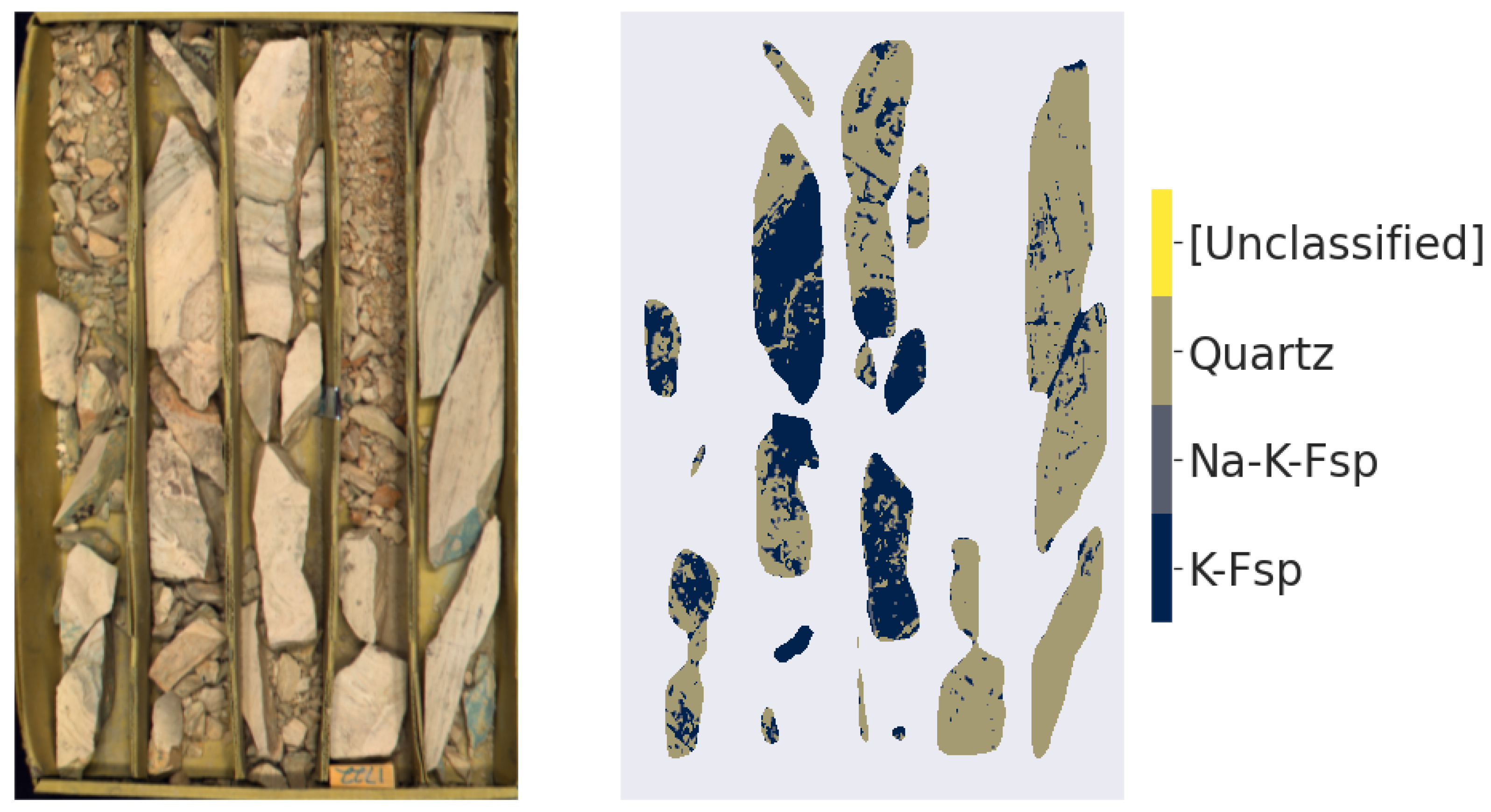
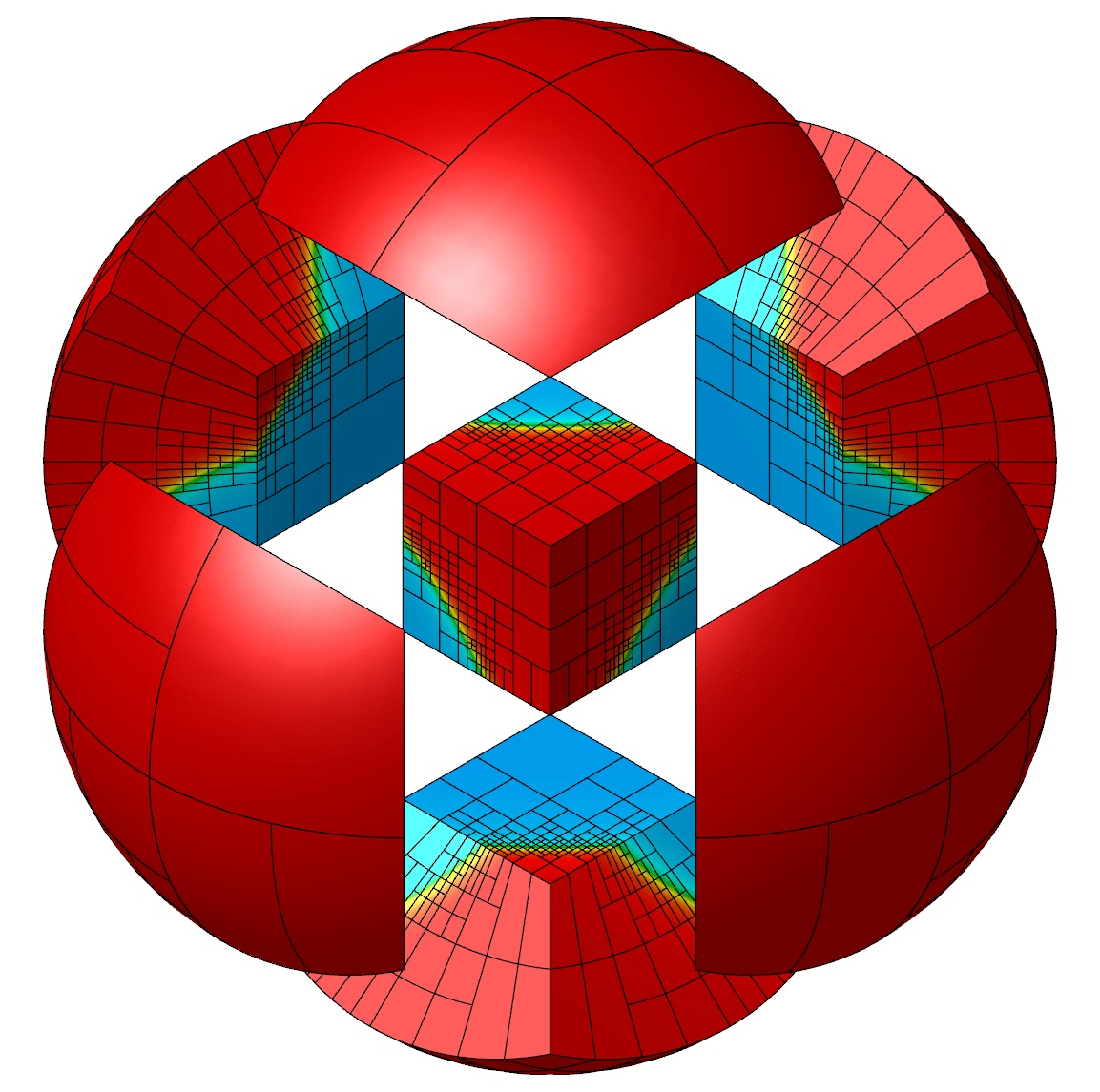 C++, CUDA
C++, CUDA
 C++, MPI
C++, MPI